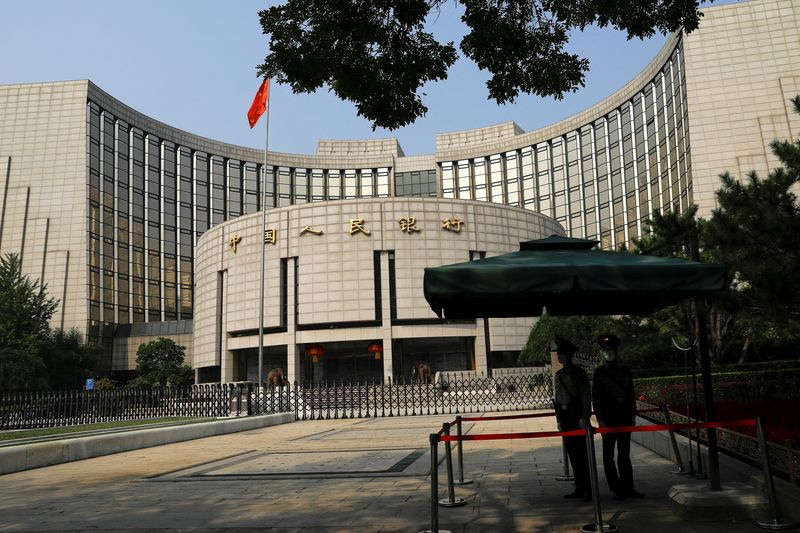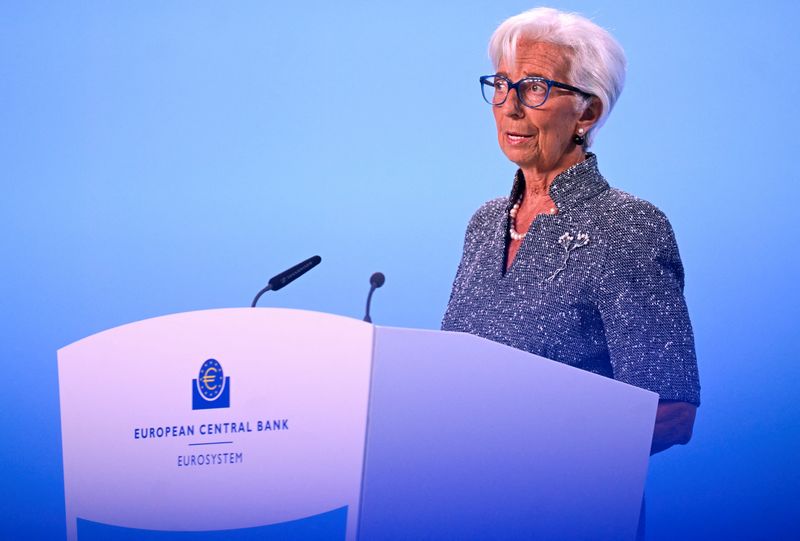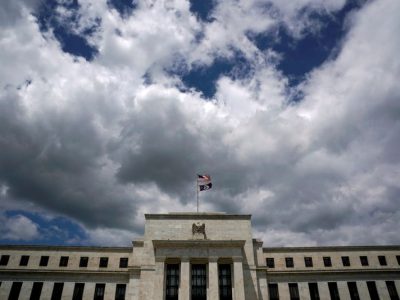
By Isla Binnie
NEW YORK (Reuters) – Global banking regulators have asked lenders detailed questions about how they manage climate risks, three people familiar with the matter said, in the latest sign that authorities are trying to find broad consensus amid conflicting approaches to the topic.
In a survey that banks filled out over the summer and which has not been previously reported, the Basel Committee of 45 major supervisors asked banks around 60 questions, ranging from risk to operations across several departments, the sources said. The committee writes high-level rules, which act as a benchmark for countries to then adopt and implement.
The committee is expected to provide an update soon on a November 2023 proposal on climate risks, which sought to set a framework for requiring lenders to publish information such as accounts of their clients’ carbon footprints.
A warming climate and the policies governments use to respond could change ecosystems and consumer behavior, but disagreement persists over how that will manifest on different banks’ balance sheets, and what it would mean for financial stability.
Countries have taken vastly different views on climate risk management. European Central Bank officials have said, for example, that banks should work with their counterparties to make sure they meet “net zero” targets, while the U.S. Federal Reserve sees pressure on it to expand its role related to climate change as a risk in itself.
“There is an undercurrent of divergence,” said Clifford Rossi, a former Citigroup consumer lending risk officer who is now a University of Maryland business professor. “For climate, there’s no real, accepted methodology or set of modelling tools yet to give us a level of comfort.”
Representatives for the Basel Committee, the Fed and the ECB declined to comment.
BASEL SURVEY
The optional survey referred to a list of principles the committee had published in 2022, the sources said, speaking on condition of anonymity as the committee’s work is confidential.
That list was intended to help guide banks and their regulators through how to obtain data from a vast array of clients and consider how risks would play out much further in the future than the two-to-three-year time horizon over which they plan how much capital to hold in case of a recession.
In the survey, banks were asked to describe how they are collecting data, and adapting information technology systems to process ballooning amounts of ever more complex information, the sources said.
They were also asked about their clients’ plans to adapt to future changes in environmental policy, how concentrated climate risk might be in their portfolios, and if they are using risk management tools like scenario analysis, the sources said.
The committee did not tell banks exactly how it will use the responses to the survey. Additional details about why exactly the committee had sent the survey were not immediately clear.
When regulators send this kind of questionnaire, “they want to see what the range of practices are, figure out who is leading, and then define a best practices standard for banks to adhere to,” said Greg Hopper, a senior fellow at trade association the Bank Policy Institute, which did not receive the survey.












